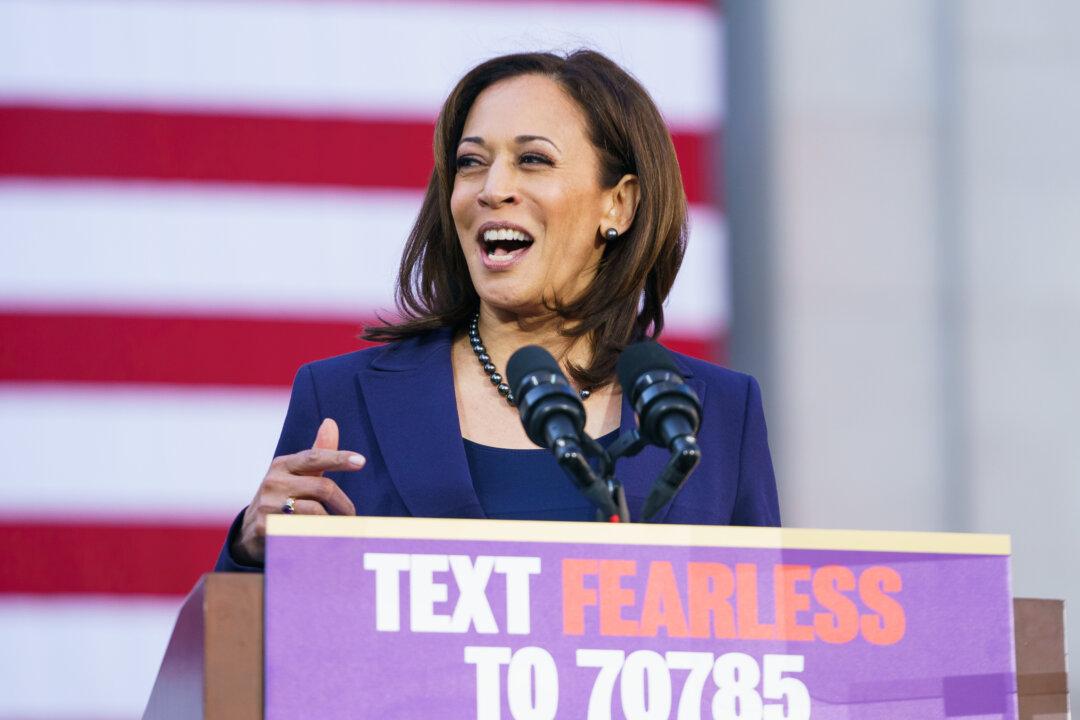News Analysis
Sen. Kamala Harris impressed political observers by attracting an estimated 20,000 people in Oakland, California, on Jan. 27 when she announced her candidacy for the 2020 Democratic presidential nomination.


Sen. Kamala Harris impressed political observers by attracting an estimated 20,000 people in Oakland, California, on Jan. 27 when she announced her candidacy for the 2020 Democratic presidential nomination.